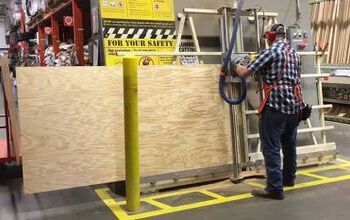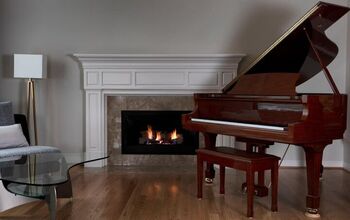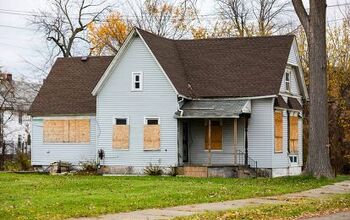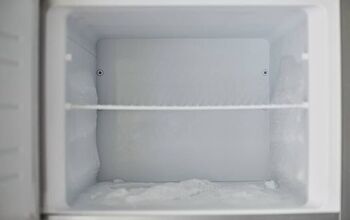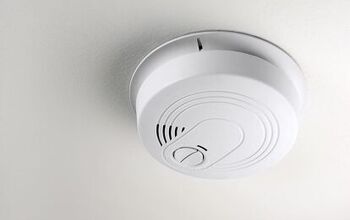Who Is Responsible For Windows In A Condo? (Find Out Now!)

Windows are a major statement part of any condo, home, or apartment building. Unfortunately, the trope of neighborhood kids throwing a ball that busts through a window is a thing. Or at least, it was when I was growing up because I used to throw rocks at places for fun. So, who’s responsible for condo windows, anyway?
If the windows are exclusively a part of your unit and are not considered Common or Limited Common elements, you will usually be responsible for them. However, if windows were broken in multiple units or if the window is part of a shared balcony, it probably will fall on the responsibility of the HOA.
A busted window is not as fun as throwing rocks at windows. If you have a condo, then I definitely suggest you learn about the responsibility that you may need to work with.
Do You Need Window Replacement Services?
Get free, zero-commitment quotes from pro contractors near you.

How Can You Tell If You’re Responsible For Your Condo’s Windows?
Buying a condo means that you’re accepting some of the responsibility of the maintenance of your home, while also asking an HOA to handle the maintenance of shared areas. They delineate responsibilities by whether an item is a Common, Limited Common, or Unit/Exclusive Element. Here’s what you need to know:
- Common Elements are parts of the condo that are shared by most people in the condo. These elements are generally not your responsibility. This could include windows for the condo’s community balcony or windows that are part of the main lobby.
- Limited Common Elements are parts that are partially shared by you and the rest of the condo. These might include parts of your windows, such as the shutters, the framing of the exterior window, as well as awnings. These often will be a 50/50 burden, but each condo community has its own rules to this.
- Unit Elements are items and parts of your condo that specifically are a part of your unit alone. This would include things like a skylight, or a bedroom window. If you are not sure whether or not you are going to be held liable for your windows and the panes, it’s safe to say that you will have this policy on anything that rests exclusively within the bounds of your condo.
What Will Insurance Cover For Condo Windows?
Condo insurance is not like most other types of homeowners’ insurance. Coverage deals with the definition of the bounds of your condo. Thankfully, the vast majority of condo plans offer some kind of protection for people who end up with neighborhood brats (like young me) throwing rocks at things.
In most cases, a condo owner’s insurance will give you coverage for both replacing broken windows that were not your fault as well as replacing any furniture that was harmed as a result of the busted window.
What Won’t Insurance Cover For Condo Windows?
While condo insurance is great if your window got busted by a storm, it’s not for everything. Condo insurance won’t cover damage from wear and tear. Oh, and it won’t cover maintenance, either. So while it’s great for damage from a storm or similar, it’s not your be-all, end-all of windows.
What Should You Do If You Don’t Know Whether A Window Is Your Responsibility?
If you cannot find a definitive definition of responsibility in condo documents or have an unusual circumstance that makes you debate whether it’s really your responsibility, the best thing you can do is ask your condo HOA directly. Ideally, you’ll ask for the answer in writing so that you can refer to it later.
What Should You Do If Your Neighbor Broke Your Window?
This is a pretty tough position, since you don’t want to be a bad neighbor. However, you’re probably going to have to hold them accountable. Here’s what we suggest you do:
- Take photos and get eyewitness accounts. More documentation is a great idea, since it could help you win a court case later on. Make sure to jot down eyewitness contact information!
- Call your homeowner’s insurance and tell them what happened. Believe it or not, your insurers will actually help you fight this in court. You want to get documentation started ASAP.
- Talk to your neighbor and HOA about the situation, if your insurer tells you to. If the neighbor doesn’t want to pay for everything, it’s best to file a complaint with the HOA. In most cases, condo associations are going to have a protocol in place to deal with disputes like this.
- If mediation fails, hire a real estate lawyer. The lawyer will help you get them to court, and hopefully, get you the money you need.
Related Questions
Should you install your own windows in a condo?
While you might be able to do a DIY window upgrade in a regular house, condos are not going to have the same freedom for homeowners. In most condo communities, you won’t be allowed to install windows on your own. It’s considered to be a matter of liability and concern regarding improper installation.Between the risk of having a bad install and the chances of it harming your ability to get good condo insurance, it’s not a good idea to try to DIY a window install in a condo.
Can an HOA ask you to leave a condo if you damage the building?
Technically, they can’t ask any homeowner to leave the condo complex. However, they may end up taking you to court. If this happens, they sue you for damages and place a lien on your property until you can pay for repairs. In extreme cases, they may actually get courts involved to force you to sell your condo.
Who is responsible for window shutters in a condo?
In most cases, this is a Limited Common element. This means that both you and the HOA will be responsible for maintenance and repairs. In other words, the party that pays for repairs will change from place to place. It’s best to refer to your condo paperwork to find out what your role is in the way of shutters.

Ossiana Tepfenhart is an expert writer, focusing on interior design and general home tips. Writing is her life, and it's what she does best. Her interests include art and real estate investments.
More by Ossiana Tepfenhart











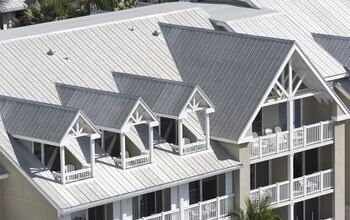
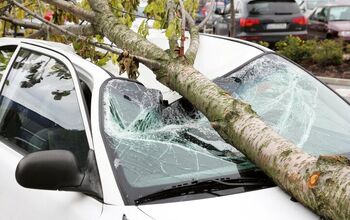




![How To Reset A Whirlpool Cabrio Washer [In 5 Easy Steps!]](https://cdn-fastly.upgradedhome.com/media/2023/07/31/9076531/how-to-reset-a-whirlpool-cabrio-washer-in-5-easy-steps.jpg?size=350x220)
